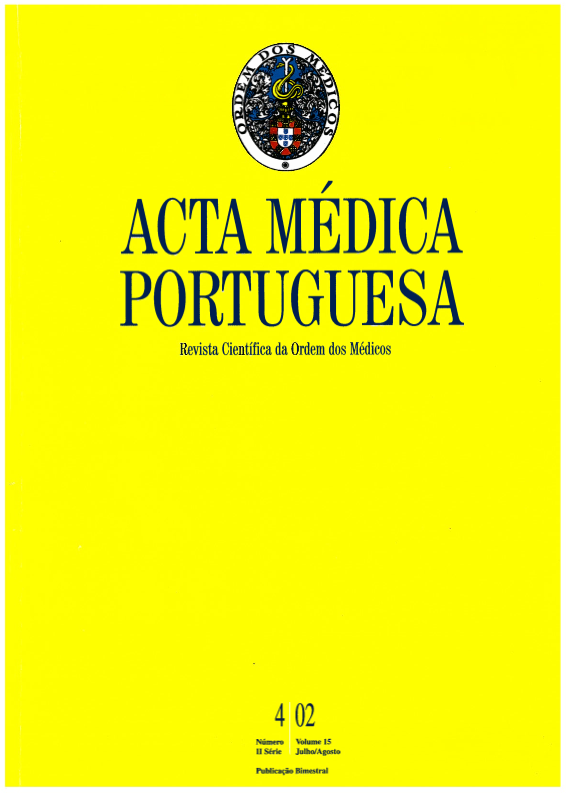Child abuse in the family.
DOI:
https://doi.org/10.20344/amp.1965Abstract
The objective of this study is to carry out a current survey of the situation of child abuse in the family. It is based on a national survey conducted in 1996, which was addressed to childcare professionals (in the areas of health, education and social services). This survey was based, on the one hand, on a wide-ranging definition of child abuse, including within it not just active forms of physical and psychic violence against the child, but also forms of (both material and affective) privation, omission or negligence which affect the child's growth and development. On the other hand, this study also favoured a contextual approach to child abuse. 1,126 institutions in Portugal were contacted and 755 valid survey responses were received. This report outlines some of the results obtained, namely by providing a description of the sample of the 755 child abuse victims, the respective social and family contexts to which they and the aggressors belong, as well as the types of abuse which have been committed against them; and a typology of forms of abuse and negligence, describing not just the internal aspects that make up child abuse directly, but also its relationship to the child's social and family contexts of belonging. The typology was derived from the statistical handling of the data gathered (factorial analysis of multiple matches, followed by a hierarchical analysis into clusters). A number of key concepts are summarised in the conclusion. Children of all age groups and of both sexes, and from all types of families and social backgrounds, regardless of their place in the phratry, are subject to abuse in Portugal. But different types of abuse and negligence are associated with the contexts to which the children and their families belong. Healthcare professionals are irreplaceable when it comes to detecting the wide variety of types of child abuse, and are an essential look-out post for two types of abuse which often slip through the net of other professionals: abuse of the embryo, foetus or new-born child, and sexual abuse. In Portugal the existence of various forms of poverty (whether in material or educational terms), and the lack of family support services and mechanisms, are of particular significance. And tied in with this structural aspect there is the significant factor of alcoholism, which in the sample under investigation is statistically much more significant than drug addiction.Downloads
Downloads
How to Cite
Issue
Section
License
All the articles published in the AMP are open access and comply with the requirements of funding agencies or academic institutions. The AMP is governed by the terms of the Creative Commons ‘Attribution – Non-Commercial Use - (CC-BY-NC)’ license, regarding the use by third parties.
It is the author’s responsibility to obtain approval for the reproduction of figures, tables, etc. from other publications.
Upon acceptance of an article for publication, the authors will be asked to complete the ICMJE “Copyright Liability and Copyright Sharing Statement “(http://www.actamedicaportuguesa.com/info/AMP-NormasPublicacao.pdf) and the “Declaration of Potential Conflicts of Interest” (http:// www.icmje.org/conflicts-of-interest). An e-mail will be sent to the corresponding author to acknowledge receipt of the manuscript.
After publication, the authors are authorised to make their articles available in repositories of their institutions of origin, as long as they always mention where they were published and according to the Creative Commons license.









